P&J Readers’ Ombudsman Joe Churcher begins a new series of blogs dealing with the questions you ask about how we work. First up, the thorny issue of why we ask people to pay to read what we write.
Sitting resolutely in our seats until every last credit had rolled – even as frustrated cinemagoers clambered over us to get out – was always part of trips to the cinema with my dad.
I have in later life come to suspect that the tradition was partly born of necessity – we share a genetic condition that causes night blindness, so waiting for the lights to go up was a handy way to protect both dignity and shins.
But even if it was built on practical foundations, the declared philosophy behind this tradition – to instil a respect for the vast human effort behind the scenes that went into making a movie – was sound.
I thought of those awkward Saturdays in the auditorium of our local fleapit when I sat down to write a response to everyone who regularly asks why we charge people to read our stories.
That’s because the obvious response is that producing quality journalism requires hard work by a long roll-call of highly-skilled individuals – which means it costs a lot of money.
We are not talking Hollywood blockbuster budgets here.
But to salaries you can add the price of professional training, of keeping technology up to date, of getting reporters and photographers to the places where the news is happening and then getting that news to the people who want to read it, through their letterboxes or via their screens. It quickly starts to add up to a significant cost which must be recouped if the entire operation is to continue.
Giving it all away
For a long time that equation went unquestioned by audiences. Newsagents were not constantly on guard against the mass shoplifting of daily papers. If there were protests about the cover price, they were about the sum, not about the principle.
So why has it become such a hot topic now, such a focus of hostility in online forums where our journalism is regularly “shoplifted” and copied and pasted for all to see?
In large part because, as an industry, we created a deeply-ingrained expectation that the news cost nothing to read. With some notable exceptions, titles gave content away online with abandon, safe in the apparent knowledge that limitless space for advertising on our websites would generate more than enough revenue to cover the costs of producing it.
By the time the delusion of that strategy became clear, the damage had been done.
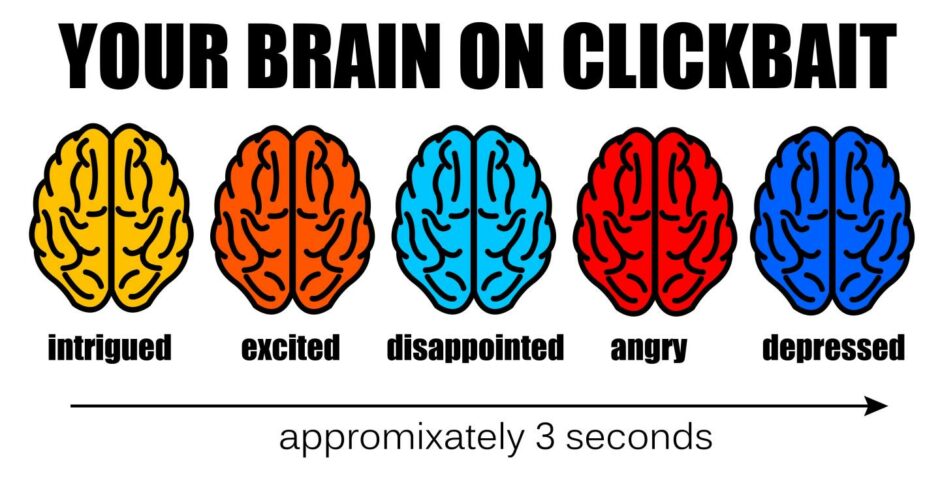
Not only had millions become used to accessing journalism for nothing, they had been disillusioned about its quality too. The increasingly desperate quest to maximise commercial income had spawned “clickbait” – a rightly hated trend that ought to be ashamed to call itself journalism. It had, too, thrust into the spotlight the influence of what dependence on commercial income could allow people to buy.
Patience is a virtue
The Press and Journal, in part by happy accident, avoided being part of this.
With centuries of loyalty built up behind us as a trusted and reliable source of local news, and an unrivalled distribution network, our focus remained very firmly on print, on the tens of thousands who have read the paper every day for all their lives.
If that made us the tortoise in the race to make digital journalism work, then three cheers for being slow off the mark because over recent times we have begun to overtake many, many hares.
We have learned from others’ mistakes – and successes, posed ourselves some very hard questions and taken time to better understand our audience.
The conclusion? Provide everything that anyone could want from their local media and they will gladly subscribe to it, much as they have done for generations.
If that made us the tortoise in the race to make digital journalism work, then three cheers for being slow off the mark because over recent times we have begun to overtake many, many hares
Local news in a global context
Which brings us back to the question: why should anyone pay to read the P&J, what is that “everything”, what is it that we offer that no one else does?
At its heart is the same unrivalled coverage of all the most significant things that happen in the north of Scotland – or are important to its people – on which we have built a 275-year reputation.
Others may report on what happens here but all too often superficially, glancing in our direction for as long as there is a story that interests readers and viewers in the central belt or in London.
Our team does the opposite: always focused on what is happening around us here but with a keen eye on events elsewhere in Scotland and across the globe that matter to our readers.
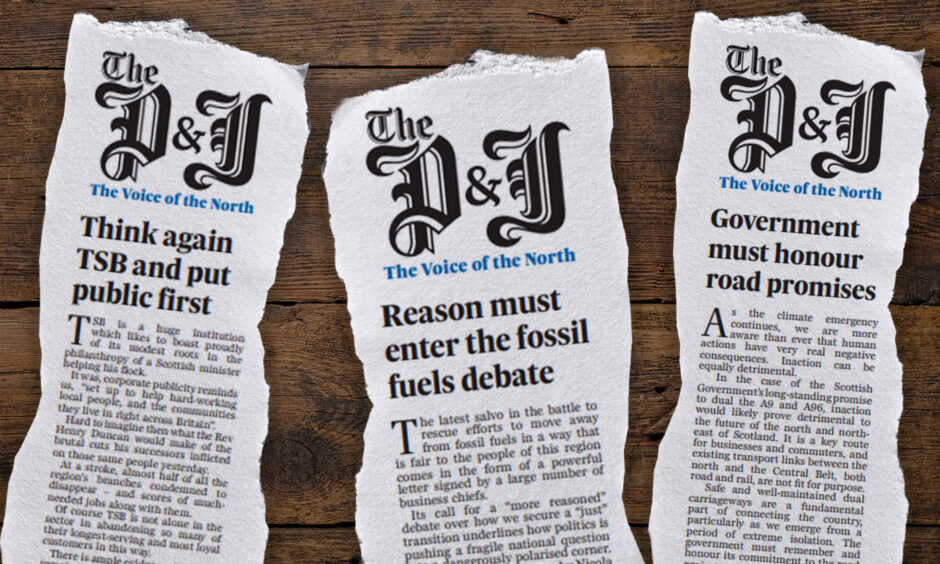
And how do we know what matters to you? Because we are you – people who choose to live and work in this extraordinary corner of these isles, to use its services, to cheer on its teams, to immerse ourselves in its rich culture, to eat and drink its unrivalled produce.
We understand your priorities because we share them.
We have teams dedicated to bringing you breaking stories as soon as they happen and teams who dig deeper into every subject, exploring the ins and outs of big issues as they impact everyday lives.
We tell the stories of the people around us – the happy and sad ones, inspiring or infuriating – and bring together in one place all manner of useful information, from school menus to road closures.
Nor do we stop at telling the stories – we act on them too, speaking up loud and clear as The Voice of the North to defend the interests of the region we are so proud to serve.
When a new charity air ambulance was announced, it was the P&J that successfully lobbied for it to be based in Aberdeen, to get emergency help to all parts of the north and north-east more quickly.
When local businesses were getting hammered by a rates system that favoured the central belt, it was our pressure on your behalf that helped secure concessions that cushioned the blow to local jobs.

And now that remote decisions risk being made about fossil fuels without proper thought for the impact on our communities, we will fight hard to make the promised “just transition” a reality.
That is what sets us apart, what we care so passionately about delivering day in and day out.
With all that at risk from the pressures bearing on the newspaper industry from all sides, we could have decided to abandon that mission – to accept that we could only afford to scrape the surface, to bury the news amid scores of distracting adverts, to hold our noses while we allowed commercial pressures to dictate the issues we covered.
Many others have done just that and made a tidy profit for their shareholders along the way.
That though is simply not the P&J way.
So instead, we decided to brave the headwinds and take the harder path, to take what we already did and strive to make it even better, even more in-depth, even more relevant to modern readers.
Or, to put in it other terms, even more worth paying for on a regular basis.
Without you we are nothing
The only way this can work is with your help. Only by persuading enough people of the value of what we do to individuals and communities will the Voice of the North be able to speak with authority and not be reduced to a whisper.
There are things we know we must do if we are to succeed.
One is working on our relationship with readers. We pride ourselves on being among the most trusted news brands in the whole of the UK. But we do not kid ourselves about how low that bar is set nationally.
To a woman and a man, our staff bust a gut every day to serve our local communities, to make a difference and to put all their skills to use in the public interest.
It cuts deep then when they have to endure the barbs of those who instead see only hidden agendas, commercial greed or self-interest.
Much of the blame for this misplaced hostility lies elsewhere but it is hard to escape the truth that journalism as a whole for too long has kept itself somewhat aloof from the public.
We hope to change this for the better, to be more open about what we do and how and why we do it – to lay bare the strong principles and motivations that underpin our work.
The only way this can work is with your help. Only by persuading enough people of the value of what we do to individuals and communities will the Voice of the North be able to speak with authority and not be reduced to a whisper.
The creation of a readers’ ombudsman is one part of this effort. My task is to answer your questions and shine a light on the workings of the newsroom. Far from having anything to hide, we believe we have everything to gain from being as open and transparent as possible.
So please get in touch and help me understand what else you would like to know to answer the question of why you should subscribe to read what we produce.
Because when it comes to rolling the credits for P&J – The Movie, it is your name that is up there with ours as co-director.
Do you have a question about the way we work? Please send it to readersombudsman@pressandjournal.co.uk
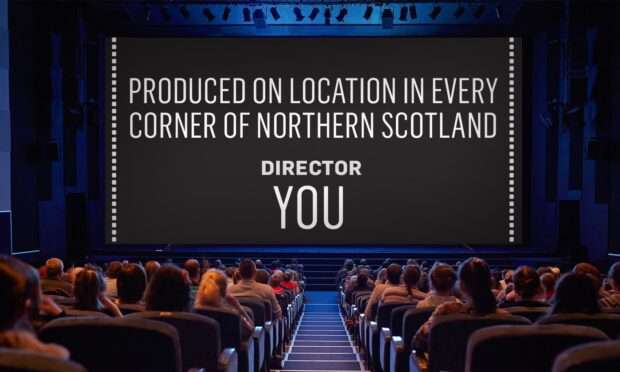

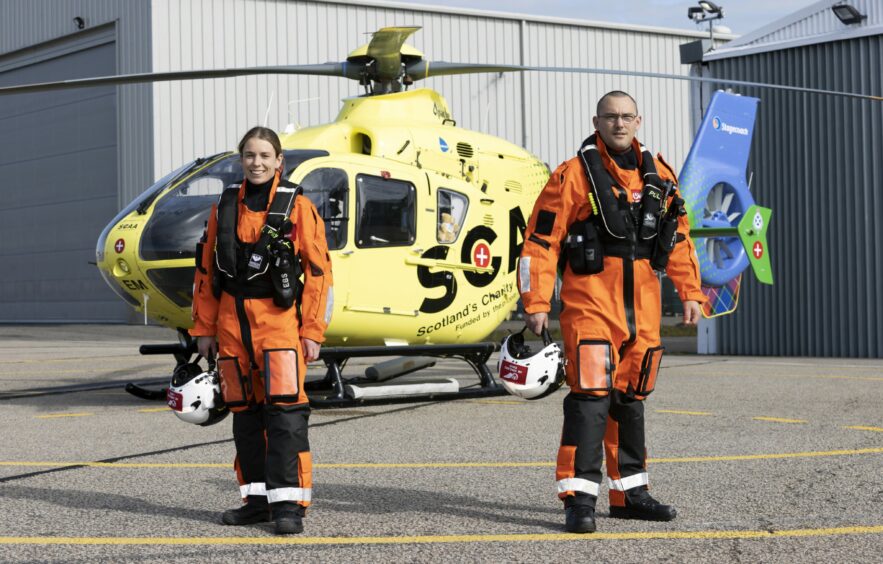
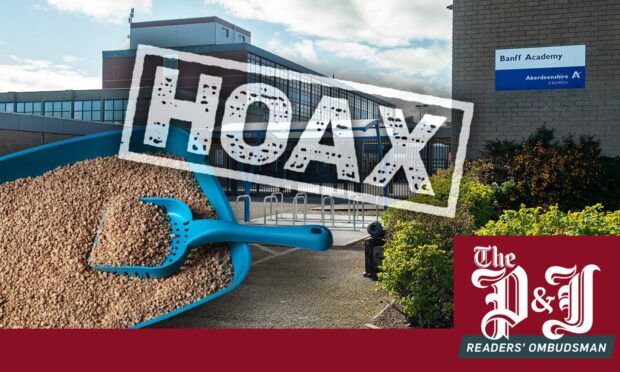
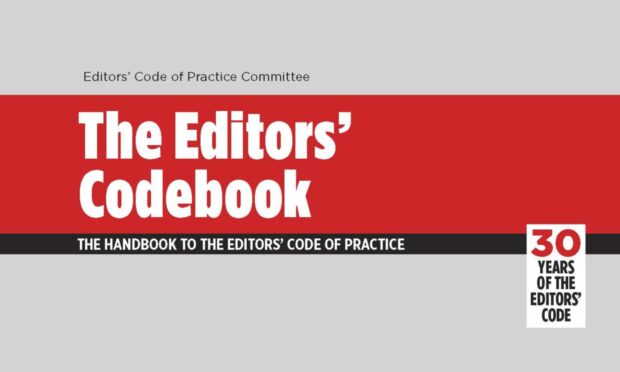

Conversation